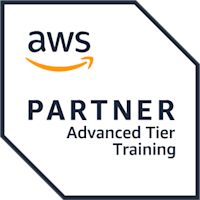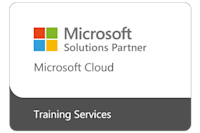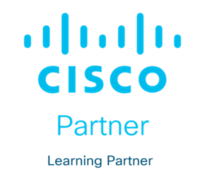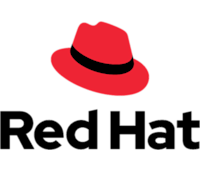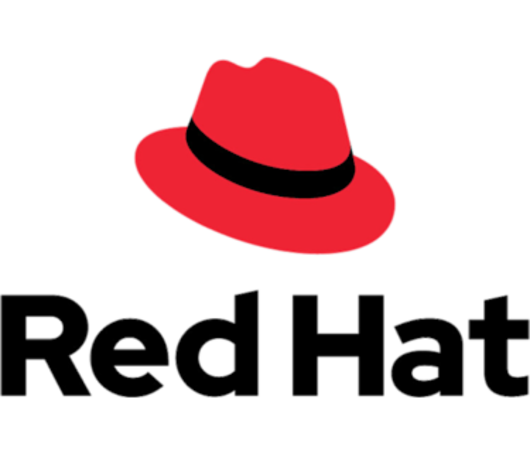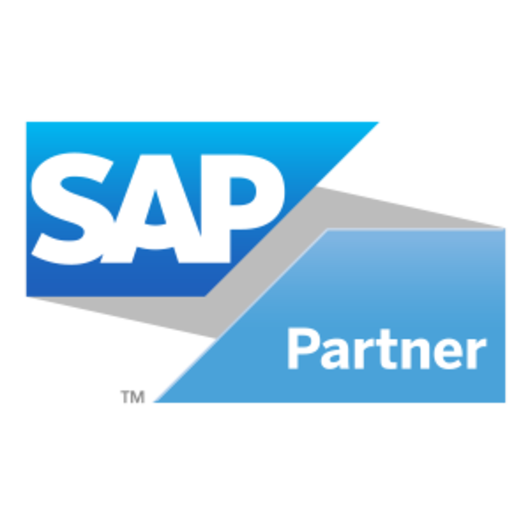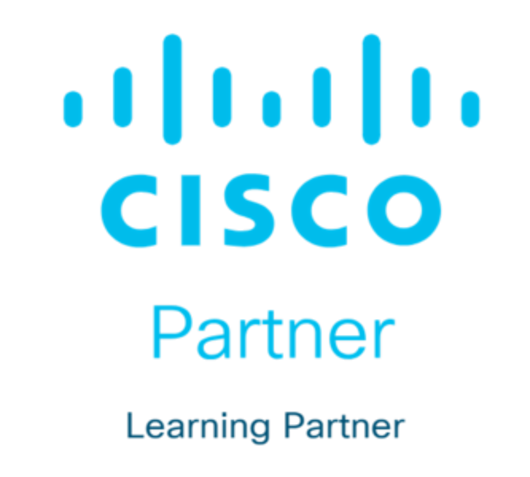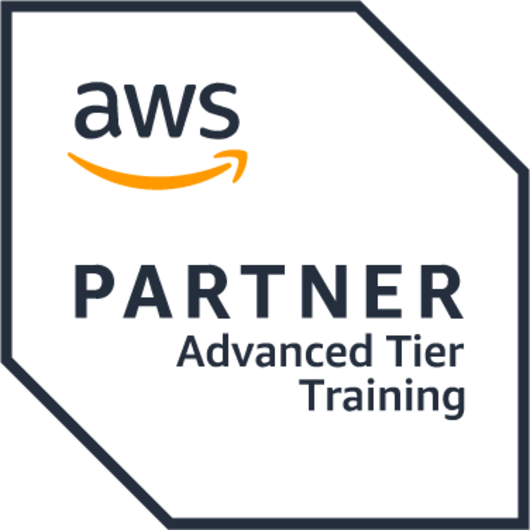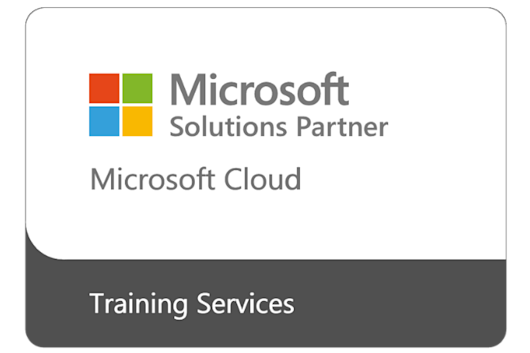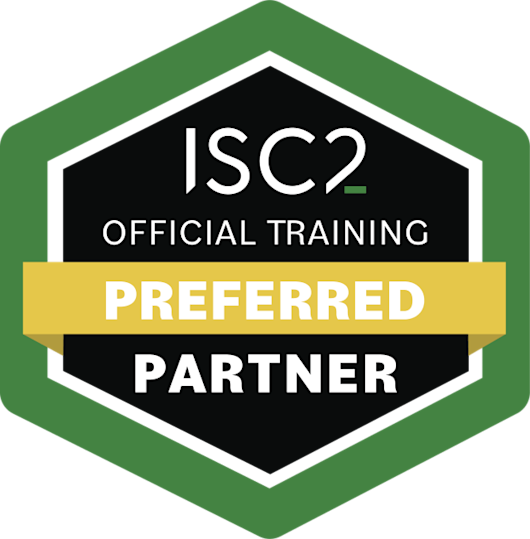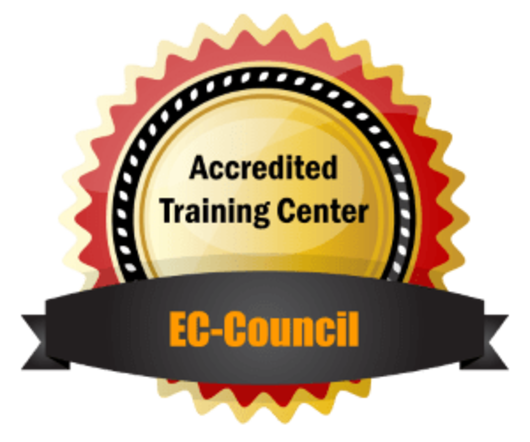Taking your business to the cloud
What is cloud computing? In simple terms, cloud computing is the delivery of computing services—including servers, storage, databases, networking, software, analytics and intelligence—over the Internet or “the cloud” to offer faster innovation, flexible resources, and economies of scale.
On the other hand, virtualisation is the process of running a virtual instance of a computer system in a layer abstracted from the actual hardware. It refers to running multiple operating systems on a computer system simultaneously. And to the applications running on top of the virtualised machine, it would be as if they are on their own dedicated machine.
Why choose cloud computing? Three of the often cited business drivers to move to a cloud computing model are business growth, efficiency and experience.
Cloud services are booming and are inextricably linked to the efforts of organisations to achieve digital transformation. Adopting cloud services promises increased productivity, improved scalability and flexibility, reduced IT costs, and improved resilience and business continuity.
Recent cloud adoption statistics suggest that:
94% of enterprises use at least one cloud service
30% of all IT budgets are allocated to cloud computing
66% of enterprises already have a central cloud team or a cloud centre of excellence
According to Gartner, worldwide end-user spending on public cloud services is forecast to grow 20.4% in 2022 to total $494.7 billion - a step up from $410.9 billion in 2021. In 2023, end-user spending is expected to reach nearly $600 billion.
Inevitably, this means that there is unprecedented demand for cloud skills within organisations, as well as with cloud vendors such as AWS and Microsoft.
Deloitte Access Economics, in its latest report on The Economic Value of Cloud Services in Australia, found that cloud adoption by businesses in Australia has resulted in a cumulative productivity benefit to the economy of $9.4 billion over the last 5 years.
As one of our technical instructors puts it:
"The cloud is the future with all the benefits it delivers including – Agility, Speed of delivery, Scale, Flexibility, Cost advantage, Consumption Model (you only pay for what you use) and AWS is the major player in this market."
